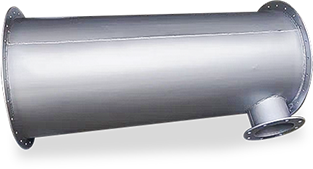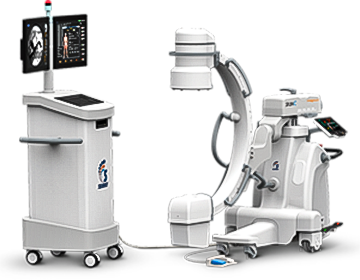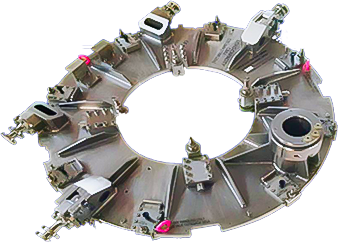
Creating a new piece of hardware is not easy. Your company might be working on a new handheld device, but would not be capable of making every piece of it inhouse from scratch. Some businesses focus on designing cutting-edge electronics and software, while some may be experts at the selling process, but few take up manufacturing as an inhouse activity.
The reason for this is simple – manufacturing inhouse involves large capital costs in buying equipment, maintaining them, employing manpower to run them. Investing so much for hardware rarely makes sense in India where you have manufacturing suppliers scattered throughout the country.
But this next question is for those of you who have actually worked (or tried to work) with such suppliers. How many times have you been left feeling frustrated when dealing with your suppliers? From miscommunication to unmet timelines, unprofessional suppliers can create unnecessary hassles in manufacturing even the simplest products.
This is where outsourced manufacturing comes to your rescue. This is simply the process of you handing over the reigns to someone else and saying “hey, this is what I need to make, can you take over the making process?” and successful businesses like Apple have long mastered the art of outsourcing their manufacturing.
Some of the most observable benefits of outsourced manufacturing to a manufacturing partner include:
- Expertise – The partner’s core business involves handling manufacturing for others, and they already have existing expertise in the manufacturing supply chain. You neither have to go around looking for new manufacturing suppliers, nor haggle with suppliers over quality and timelines.
- Resource optimization – With your inhouse resources freed up to work on their core competencies, you can make your own operations more efficient through smarter allocation of freed-up resources to tasks.
- Costs – By not having to invest in in-house resources (equipment, maintenance, time, manpower, etc.), your effective costs towards production go down. In fact in a survey by the Peerless Research Group in the US, 51% of 94 companies surveyed said they outsource manufacturing to reduce costs [1].
- Visibility – While a supplier would be too occupied with what they do best (manufacturing, of course), your manufacturing partner will be able to provide timely updates to you on the status of your orders.
- Accountability – Now that you are dealing with a more professional entity (your manufacturing partner), holding them accountable for promised deliverables is far simpler.

Figure: Data from the survey by the Peerless Research Group shows the main reason cited by companies for outsourced manufacturing as well as some of the gains they received [1].
While there are many manufacturing partners to pick from, make sure you pick someone with a robust set of manufacturing processes.
At Karkhana.io, we even take it a step further by providing you with prices that are not only competitive but also often lower than what a direct manufacturer would have charged you. This is something we have been able to cultivate through our aggregation model, where we have developed a system to manage manufacturing equipment and other resources more efficiently.
So the next time you have a splendid design for new hardware, do not let its prototyping get hampered by the daunting task of getting it manufactured. Reach out to the people who already know how to help you achieve the exact quality and finish you want on your fine products.
Think about it, can outsourcing your manufacturing processes improve your own operations?
Sources:










